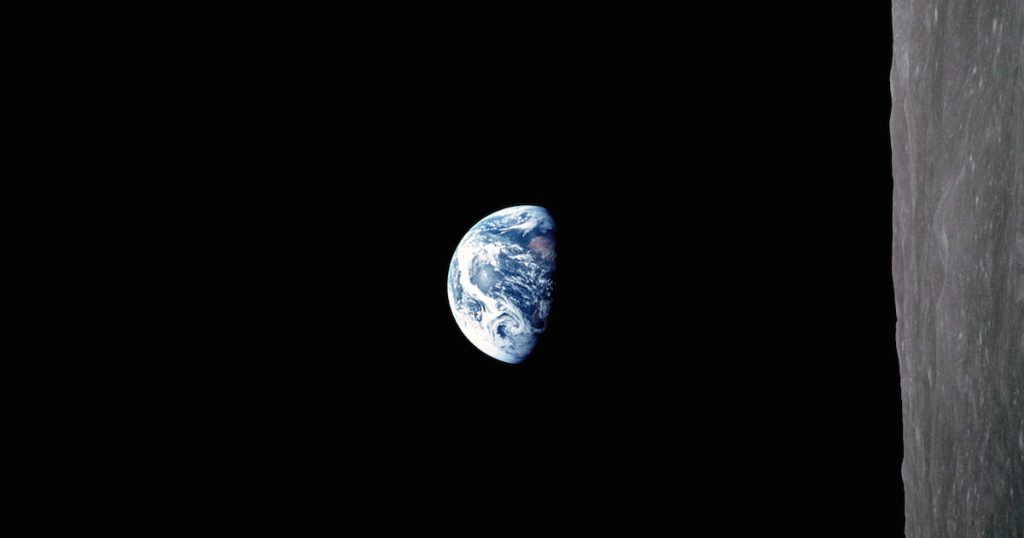In the Perfection of Wisdom in 8,000 Lines Sutra, Subhuti asks the Buddha, “Why do you refer to the Bodhisattva as a ‘Great Being’?” The Buddha replies, “The Bodhisattva is called “Great Being” because he will cause a great mass and collection of beings to achieve the highest.”
BACKGROUND:
The Perfection of Wisdom in 8,000 Lines, composed around 100 B.C.E., is generally regarded as the first Mahayana Buddhist sutra. Its primary object is to answer the question “How does the Bodhisattva, that ‘Great Being,’ go forth into Perfect Wisdom?” That question is asked at the beginning of the sutra by Shakyamuni’s disciple Subhuti.
Great mass and collection of beings probably refers to those beings occupying a major world system—what today we would call a “planetary ecosystem.” In Mahayana Buddhism, a “buddha” is the being responsible for liberating all species-beings in such a world system. In ecological terms, such beings would be one with, and therefore indistinguishable from, the systems in which they appear.
COMMENTARY:
Buddhas…bodhisattvas…great masses and collections of sentient beings—once you slice the pie of the universe, there is no end to ways it divvies up! Who can restore the circle of the world?
Zen masters can take up their brushes and make circles all they want—unless we meet the Great Being there is no hope of being whole. And what is the Great Being? Shakyamuni said it was the one who caused all beings “to achieve the highest.” But he didn’t say highest what!
VERSE:
All beings attain
The highest—how could they not?
Whoever says Earth
Doesn’t know what she’s doing,
Let him make rain on his own!
Thank you for subscribing to Tricycle! As a nonprofit, we depend on readers like you to keep Buddhist teachings and practices widely available.
